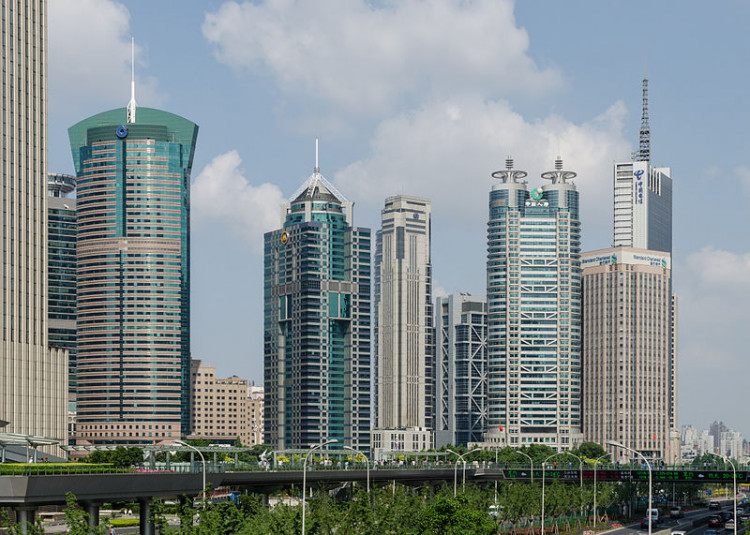News of four Chinese billionaires moving some of their wealth into family trusts recently are an indication that many of China's wealthy are looking for ways to preserve their fortunes amid tightening tax policies. In an article by Bloomberg, some of the country's tycoons reportedly transferred over $17 billion of their money to trusts, mostly located in the British Virgin Islands.
Sunac China Holdings chairman Sun Hongbin, Longfor Group Holdings chairwoman Wu Yajun, Zhou Hei Ya International Holdings owner Tang Jianfang, and Dali Foods Group chair Xu Shihui are said to have shifted a huge part of their shareholdings to their respective trust entities by the end of 2018. Succession planning was cited as the key reason for the transfers, though representatives from each have yet to provide an official comment on the matter.
The Chinese government is currently revising its tax system as a response to a slowing economy, which market observers predict would hit some 1.2 percent of its gross domestic product, or around CNY2 trillion ($300 billion). China reportedly has a huge debt load that it has to address by reviewing, in particular, how it taxes the rich.
Analysts say that while moving wealth offshore may be a viable strategy, it is not a guarantee of immunity from taxation. However, it could get them a wider deferral space. The new tax guidelines are not explicit in terms of how offshore trusts will be dealt with, so its interpretation is totally up to the state.
The changes to the tax system took effect on 1 January and, in a nutshell, is all about cutting taxes for the masses - which means the rich are going to make up for the shortfall. This can mean a crackdown on tax havens. It could also mean closing gaps in the law, particularly the one that shields citizens from being taxed for overseas earnings if they have a green card or a foreign passport. People who have given up their Chinese citizenship in a bid to avoid being taxed on overseas income will have to face audits soon.





